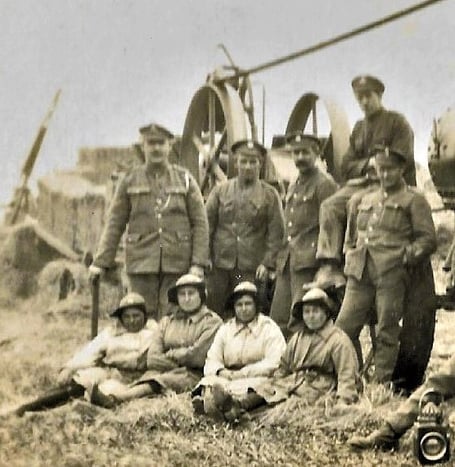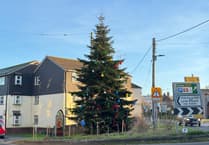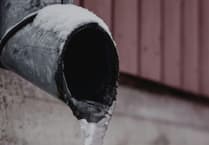IF you had been on the road from Barnstaple Cross to Copplestone in 1918, you might have seen a big traction engine towing an equally large baler turning into Spencecombe. Quite a sight, for those days.
What might have been more of a surprise was that it was an army traction engine; an army baler; and that some of the gang accompanying it were women – women! - wearing the uniform of the newly-formed Women’s Forage Corps, part of what was then called the Army Service Corps.
Tony Gale’s talk “Patriotic Girls are We” traced the story of how Britain, almost overwhelmed by the challenges of the First World War, struggled to mobilise a workforce of women to backfill jobs in agriculture.
By 1916, 300,000 men had left farms across the land to join the armed forces. Attitudes to women – how they should behave, what work was suitable for them, how much they should be paid and even what they should wear – were very different from now.
Many of those who volunteered for jobs on the farms were met with scepticism and scorn.
As one Devon farmer put it, any crops they planted would be “bewitched by women’s labour”.
As late as 1918, when women of the Forage Corps were working in Crediton, one of them summed this up in a poem, “Some may call us common girls: but patriotic girls are we”.
With more than 4,000 women working on farms in Devon alone by the end of the war, they proved how useful and adaptable they could be: and there is evidence that attitudes began to change.
“Patriotic Girls are We” was presented by Crediton Area History and Museum Society (CAHMS) as part of its programme of monthly talks through the winter period.
The next talk in the series will be “Plants, Poultices and Persecution”, presented by Tracey Norman, at the Boniface Centre on Monday, March 11, 7.15pm for 7.30pm. CAHMS members £2, non-members £5.


.jpeg?width=209&height=140&crop=209:145,smart&quality=75)


Comments
This article has no comments yet. Be the first to leave a comment.